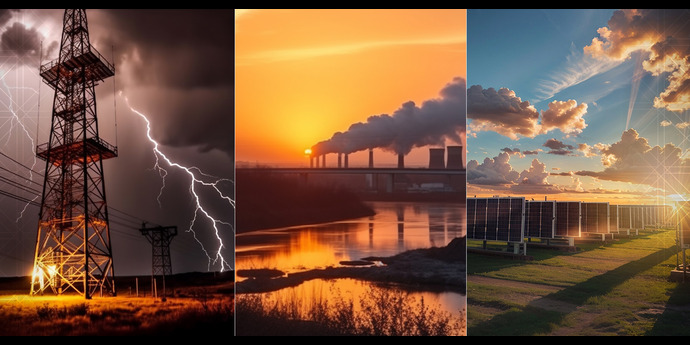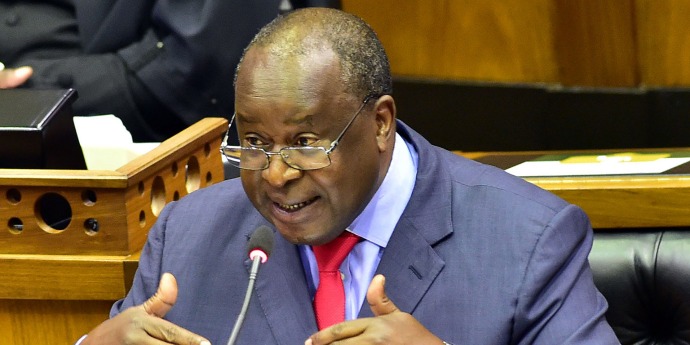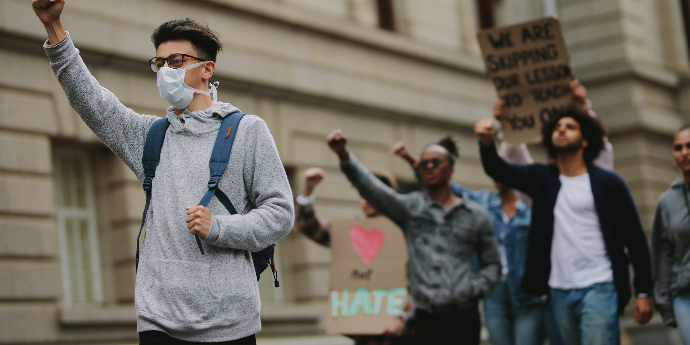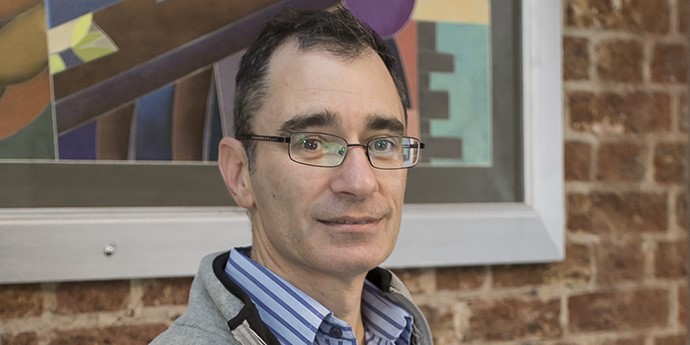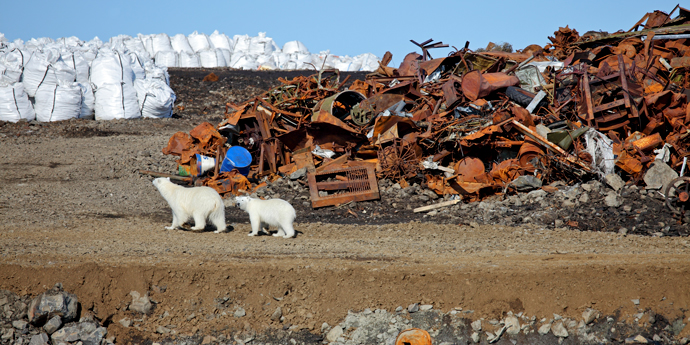Ramaphosa has little room to manoeuvre, it’s true. But without bold leadership at this juncture, SA is on the road to nowhere.
This month's state of the nation address (SONA) was a great opportunity for President Cyril Ramaphosa to assert his authority; to show decisive and bold leadership, which will be pivotal if we are to start building a united nation and chart a new path of development, transformation and inclusive growth.
However, the president once again failed to deliver or lead when it was most needed. This has become the hallmark of his tenure since ascending to the highest office in the land back in 2018. His early days in office were full of promise, but his presidency has been unravelling in recent times, and there has been little progress since the disastrous Jacob Zuma years.
While there were some welcome announcements in his speech, such as the much needed reforms in the electricity sector including the opening up of the energy market, and the building of nine new technical and vocational education and training (TVET) college campuses, his speech was more or less a long list of not-so-new promises which are very unlikely to be met, if his track record is anything to go by.
No action plan on how to tackle corruption
As to be expected, there was talk of more strategies or plans. He announced that a national anti-corruption strategy would be launched by the middle of 2020. SA now has countless plans and strategies to tackle various problems, but nothing has come of it. Zooming in on corruption, the ongoing Zondo commission into state capture has revealed who the shady individuals are. Instead of announcing another strategy, Ramaphosa should have revealed plans to take action against those implicated in corrupt activities. That would have sent a strong message and inspired confidence in the broader law enforcement and judicial system, and the economy. The president revealed plans to establish a sovereign wealth fund (a state-owned investment fund or entity which pools together a country's reserves for investment to benefit the country's economy and its citizens), and a state bank. While a lot of good can come out of such state entities as seen elsewhere, chances are that they will be looted in no time, unless the corruption issue is decisively dealt with.
For the most part, the crisis at various state-owned entities and by extension the broader economy, can be traced back to corruption and the deployment of incompetent individuals to government entities. Ramaphosa missed a golden opportunity to send a strong message that SA has turned the corner and is serious about accountability and dealing with graft.
As a first step, we need to get the basics right
But more damningly, his address was out of touch with the realities on the ground; one would be forgiven for thinking he delivered the wrong speech. His address would have been befitting for a developed, high income nation looking to hit new heights. Similar to his June 2019 SONA, Ramaphosa talked of the need to introduce coding and robotics in some schools this year, a plan he says will be fully implemented by 2022. The Department of Basic Education has also been on a drive to allocate the latest gadgets, including tablets to aid learning. Yes, we do need to prepare our learners for the fourth industrial revolution and technological advancements, but crucially, as a first step we need to get the basics right. How do we teach robotics and coding when most of our grade 4s cannot write and read for meaning; when school infrastructure is falling apart, and when we still have learners falling and dying in pit toilets? How do we prepare for a new technologically advanced world when most kids do not have textbooks or safe transport to get to school; when many more learners do not have adequate nutrition or decent housing? These are the realities of SA in 2020, and this is what needs to be urgently addressed by Ramaphosa and his government before we talk of coding and robotics.
We live in a broken society, where women cannot take a walk at night for fear of being attacked or raped. Our society urgently needs healing before SA can realise its full potential. Ramaphosa has done little to provide leadership on this score to date.
Before he could even deliver his speech, the EFF interrupted proceedings and caused pandemonium. This should be seen as a microcosm of the fractious society SA is at the moment. There is chaos everywhere. Racism is rife; unemployment, poverty and inequality are still rampant. The EFF first demanded that former president FW De Klerk should not be allowed in the house as he is “a murderer”. De Klerk was the president of SA between 1989 and 1994 and negotiated a transition from the apartheid system to democracy and majority rule. He recently suggested that apartheid cannot be seen as a crime against humanity. Such utterances can never be condoned and indeed they re-opened old wounds. The EFF also raised points of order to call for Ramaphosa to fire public enterprises minister Pravin Gordhan who they blame for the failure of many state owned enterprises, not least Eskom which has had to resort to rolling blackouts to keep the lights on, dealing a further blow to SA’s already ailing economy.
A president out of touch with South Africa's deep-seated problems
While the EFF would have been better off driving its point in a less confrontational way, their actions in many ways mirror the society we live in today: there is still so much anger largely because of the failure of those in power to deal with the economic injustices of the past. This is something Ramaphosa needed to acknowledge in his SONA. However, he never even took the opportunity to talk about the disturbances the EFF caused, and promptly dived into his speech as if nothing had happened. That’s a president clearly out of touch and lacking the drive and courage to deal with the deep-seated problems facing SA.
Ramaphosa is caught between a rock and hard place. He has many competing priorities that he needs to address. On one hand, SA needs decisive leadership and bold actions to address corruption. On the other hand, Ramaphosa needs to unite the ANC which has been ravaged by internal squabbles and corruption. If he puts SA first, he risks losing his control of the ANC which is already hanging by a thread, and therefore his presidency. This explains his lack of decisiveness and boldness; he has to placate too many different factions.
But SA cannot afford such leadership at this juncture. After years of uncertainty, political violence, crime, corruption, and racial tensions, what the country needs right now is a confident leader who is prepared to stick his neck out for the people. Instead of multiple grand plans, the country needs to focus its energies on delivering one or two crucial wins starting with eradicating corruption and building a much more united society at peace with itself.
While such an approach could hurt Ramaphosa’s bid to retain the ANC presidency, it might be enough to set SA back on the path to prosperity.
Athol Williams is a senior lecturer in the Allan Gray Centre for Values-Based Leadership, specialising in Corporate Responsibility and Ethical Leadership at the UCT GSB.
[Photo: Courtesy of GCIS on Flickr]

